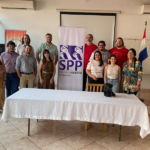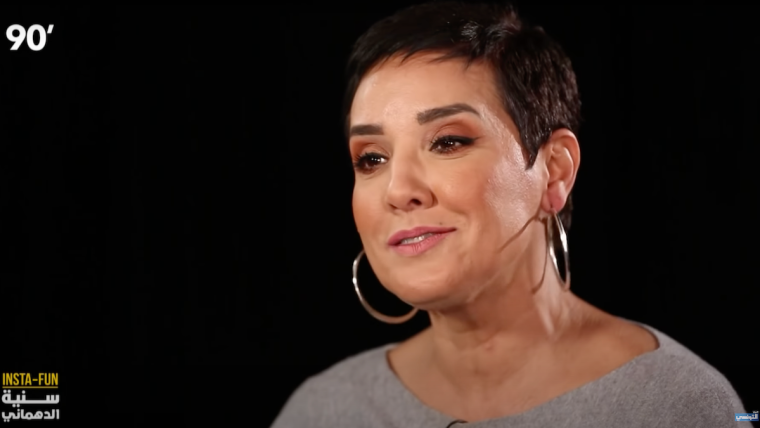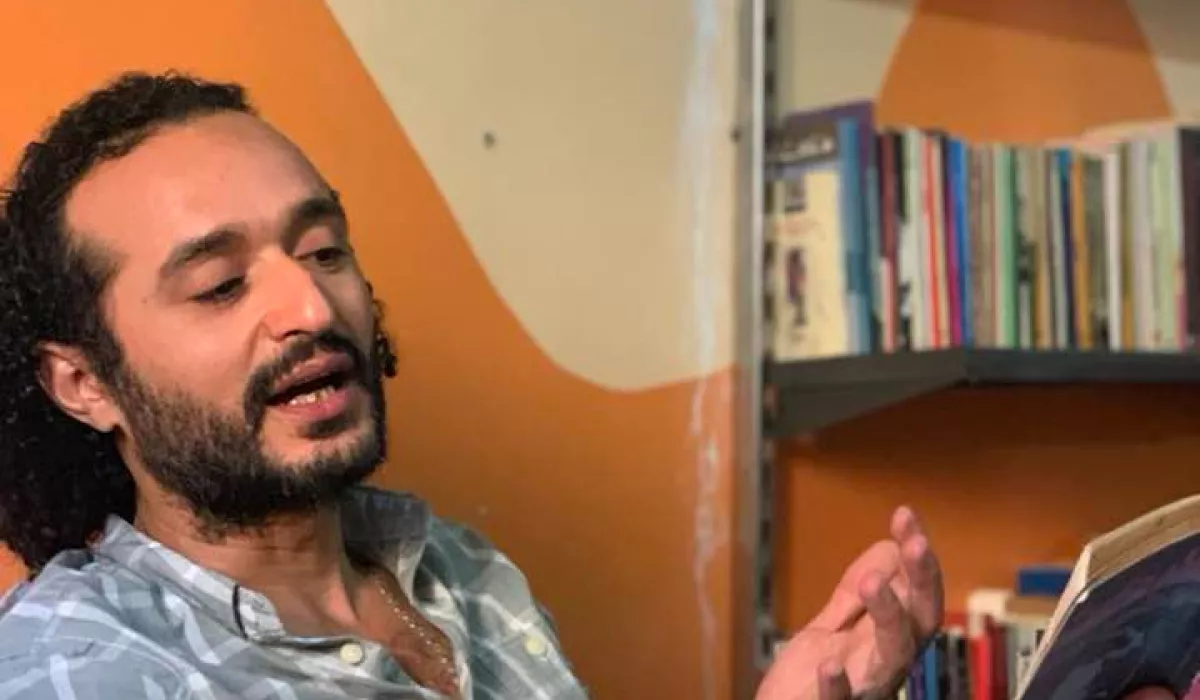
Paraguayan Journalists’ Union Launches Training to Strengthen Labor Rights and Union Action
September 12, 2024
Southern African Journalists Launch United Front Against Disinformation
September 13, 2024September 13, 2024 – Tunisia –
In a concerning development for press freedom in Tunisia, an appeals court on September 10, 2024, upheld the conviction of lawyer and political commentator Sonia Dahmani for “spreading false news,” while reducing her prison sentence from one year to eight months. The ruling, issued without a hearing or the presence of her legal team, comes amid a broader campaign of media repression ahead of the October 6 presidential elections.
Dahmani, a commentator on independent outlets IFM radio and Carthage Plus TV, was arrested on May 11, 2024, following critical remarks about President Kais Saied. She was convicted in July and sentenced to one year in prison. Her appeals for sentence reduction did not include acquittal, prompting CPJ to demand her immediate release and the overturning of all charges.
CPJ’s interim MENA coordinator, Yeganeh Rezaian, criticized the refusal to acquit Dahmani as “unacceptable,” especially as her conviction aligns with restrictions barring journalists and outlets from freely covering the upcoming election. She added that Tunisian authorities must drop charges and ensure the press can operate without intimidation.
The case is part of a larger pattern targeting media independence. In recent months, authorities have banned sales of the September issue of Jeune Afrique magazine and revoked credentials from journalists—including Khaoula Boukrim—preventing them from covering key election events. Additionally, independent radio hosts Borhen Bsaies and Mourad Zghidi were convicted and sentenced to one year in prison under similar “false news” laws, raising alarms about the systematic use of broad legislation to suppress dissent and critical reporting.
Human Rights Watch and Tunisia’s National Syndicate of Journalists have echoed concerns that Decree-Law 54—Tunisia’s “anti-fake news” statute—is being wielded to silence opposition voices and muzzle criticism of government policies. The restrictions coincide with President Saied’s consolidation of power since 2021.
As Tunisia approaches its presidential election, the targeting of Dahmani and other media professionals underscores the increasing repression of independent journalism. Press freedom groups are urging authorities to halt these legal actions, guarantee fair election coverage, and protect media workers from political interference.
Reference –




